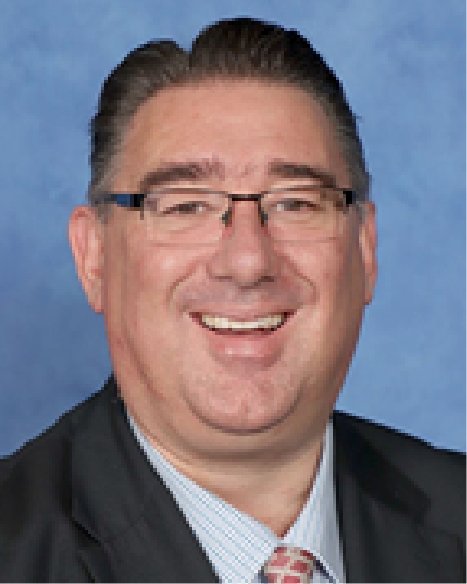Intercultural Education
When you see your educational research put to good use
Understanding transition period in student cultural development
One of the exciting things I have found in being a part of a school-based educational research centre is the opportunity seeing one’s research interests and efforts inform the strategic thinking that is taking place in and around the school. Recently, this took the form of a short literature survey. Of course, that hasn’t been the only way in which educational research I’m involved in has helped decision-makers around the school. There are so many different ways in which ongoing projects or papers related to the Barker Institute’s research domains have been the basis for a call to assist in deepening people’s understanding of a concept, context or challenge relating to their particular portfolio. And so it was recently with the school’s humanitarian programs.
Understanding the impact of mobility on students moving from one country to another prompted a question about what it would take for mobile or transient students to thrive once they reached Barker, and, conversely, what should a school like Barker be doing to ensure that such students are well served. I recommended several books but at the top of my list were the following two key texts: Douglas Ota’s Safe Passage and David Pollock, Ruth van Reken, and Michael Pollock’s Third Culture Kids: The Experience of Growing Up Among Worlds. There are, of course, many others that readers may think are more worthy than these two; at least, let me share what make these texts important.
OTA, Douglas W. (2014)Safe Passage: how mobility affects people & what international schools should do about it. Great Britain: Summertime Publishing.
This book is a “must-have” for any educator wishing to increase their understanding of how mobility and transition impact students or structure education design around a transitory student population. Written by an experienced international school counsellor, it is a carefully structured and well-researched, outlining a framework required to build and maintain a programme to help “expat children” during transition periods – whether they are movers or stayers. And this is its value. It focuses on how schools can support students during the transitional phases of joining and leaving a school environment. The book is divided into three sections: (1) the challenges of moving across cultures (2) a possible blueprint for building a mobility transition program for use within schools; and (3) how to maintain such a program over the long term.
POLLOCK, David C., VAN REKEN, Ruth E., and POLLOCK, Michael V. (2017)Third Culture Kids: The Experience of Growing Up Among Worlds. 3rdedition. Nicholas Brealey Publishing.
This is a fundamental text and has remained the authoritative text on Third Culture Kids (TCKs) for nearly two decades. Now in its third edition, Third Culture Kids is a standard reading for anyone involved in international or intercultural education. The authors explore the experiences of TCKs and the book gives real-life anecdotes to help examine the nature of the TCK experience, and its effects on maturing and developing a sense of identity. It has a comprehensive, yet accessible, approach to understanding and working with children who have spent their formative years growing up outside of what might be referred to as their ‘passport country’. If educational leaders are looking to design an educational model that supports TCKs, and helps them thrive, then this text must be on their bookshelf as they will find it instrumental in making sure any design is in a position to accommodate their unique educational needs and considerations.
While these two texts may appear to be more relevant to an international school, the issues they explore are relevant to any school, particularly schools with a global focus in the 21st century. Indeed, this is what makes these texts so valuable: they are relevant as a whole or in part to school leader and teacher alike.

Dr Timothy Scott
Tim has held leadership roles in schools across Australia and abroad for 25 years, alongside teaching History and Modern Languages. His research focuses on intercultural learning and pedagogical translanguaging, refugee education, and student voice in improving educational practice. He is a lead researcher for the Barker Institute’s ongoing decade-long longitudinal study, The Barker Journey. Alongside his research work, Tim currently teaches History and IGCSE Global Perspectives. His PhD examined socio-political influences on contemporary German conceptions of history and archaeology.







